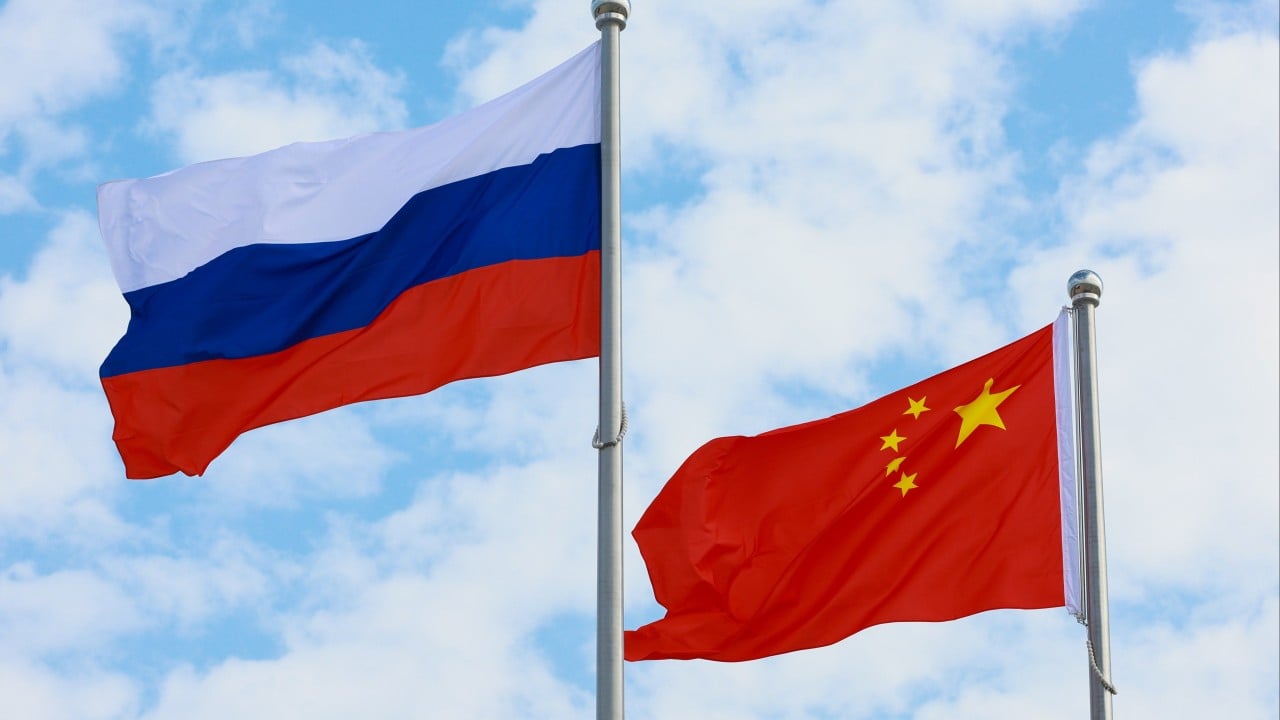President Xi Jinping and his Russian counterpart Vladimir Putin stood shoulder to shoulder at this week’s Shanghai Cooperation Organisation summit, fuelling speculation about their countries’ “no limits” partnership. But beyond the optics, many analysts focused on energy: specifically, the long-delayed Power of Siberia 2 gas pipeline.
Advertisement
Valued at US$13.6 billion, the project was expected to be high on the bilateral agenda and would likely have featured when China, Russia and Mongolia – whose territory the pipeline would pass through – held a trilateral meeting in Beijing on Tuesday. If completed, it could supply 50 billion cubic metres of natural gas per year to northern China, providing a crucial economic lifeline to Moscow as it grapples with Western sanctions.
During his meeting with Putin, President Xi said that “big project cooperation” would deepen integration, according to a readout from the official Xinhua News Agency, though the report did not mention any specific projects.
By contrast, the Russian media agency RIA reported on Tuesday that Russian oil giant Gazprom and the China National Petroleum Corporation (CNPC) had signed a memorandum of understanding to build the Power of Siberia 2 and the Soyuz Vostok transit pipeline through Mongolia, citing Gazprom CEO Alexey Miller.
Despite the upbeat tone from Russian media, analysts warned that unresolved issues could delay the project.
Advertisement
Li Lifan, deputy head of the SCO centre at the Shanghai Academy of Social Sciences, cautioned that “certain critical matters” remained unresolved despite both countries having “strong confidence and a strong wish to keep the project going”.

